Chalco Titanium boasts internationally leading titanium production equipment and lines, covering the entire process from melting, forging, rolling, and machining to testing, providing a significant technological advantage in the high-end titanium material sector.


We operate a 12-ton vacuum melting production line, a 3-ton vacuum consumable arc furnace, and a vacuum centrifugal casting furnace, combined with advanced processes to ensure the purity and uniformity of titanium ingots, meeting the strict material performance requirements of high-end industries.
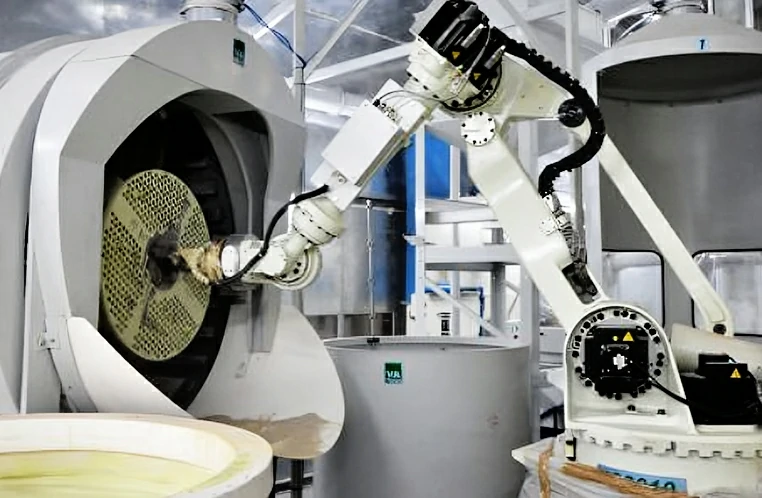

Using precision casting technology, combined with wax injection and high-precision molds, we support the high-precision manufacturing of complex-shaped components, meeting the demands of the aerospace and medical fields.
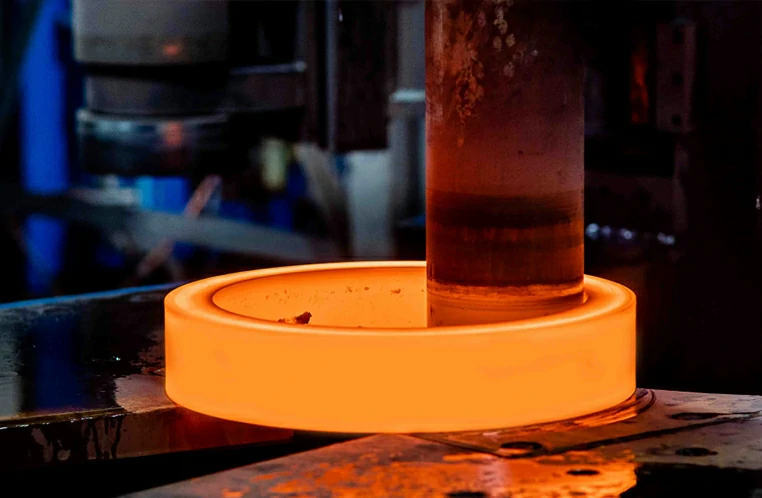

Equipped with 8000-ton and 4500-ton hydraulic quick forging presses and an 8-meter diameter ring rolling unit, we achieve large-scale production of high-performance, large-specification forgings and rings.
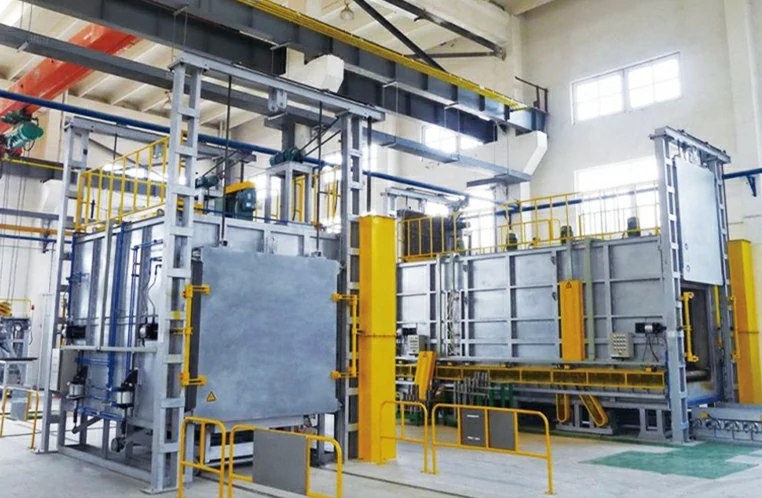

We utilize vacuum annealing furnaces and high-efficiency aging furnaces, optimizing temperature control and cooling paths to enhance the stability and consistency of titanium materials, meeting customers' personalized requirements.
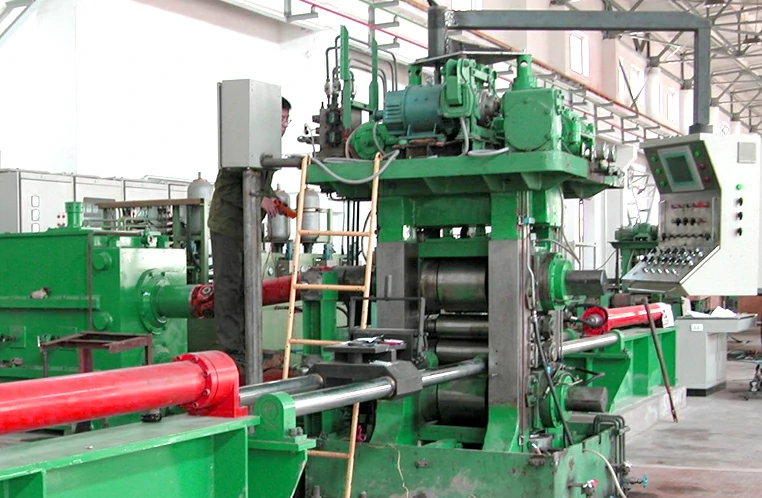

Using high-precision six-roll cold rolling mills, we process titanium materials to produce ultra-thin, ultra-flat plates, improving machining accuracy and surface quality, suitable for high-precision applications.
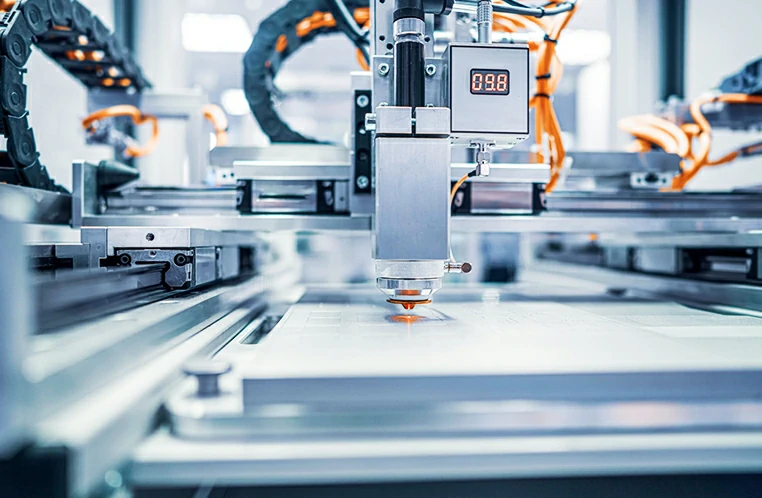

Employing multi-axis CNC lathes, CNC milling machines, and a 3D coordinate measurement system, combined with real-time X-ray imaging detection, we support high-precision cutting, drilling, and surface treatment of complex components, ensuring machining accuracy and product quality consistency.
Advanced TIG, laser, and plasma welding technologies ensure high-precision, high-strength connections in titanium materials, ideal for complex structures and high-end applications.
Through high-speed milling and five-axis milling technology, we achieve high-precision machining of complex 3D shapes and precision parts, widely applied in aerospace, medical, and other fields.
Using superplastic forming, we produce high-precision, complex-shaped titanium alloy components under high-temperature, low-speed conditions, widely used in fields like aircraft engines.
Water jet cutting, laser cutting, and precision sawing technologies ensure high cutting accuracy with no heat-affected zones, accommodating various specifications and complex shapes.
Advanced surface treatments like anodizing, spraying, and polishing enhance the corrosion resistance and appearance of titanium materials, meeting high-end industry needs.
Precision drilling and deep hole machining technologies ensure accurate hole diameters and smooth surfaces, ideal for high-precision components in aerospace, medical, and other fields.
Using hot and cold bending technologies, we precisely control the bending shape of titanium materials; with a 4000T/6-meter fully automated CNC bending machine, we can bend large-diameter tubes.
Through deep drawing technology, we achieve high-precision processing of complex curved surfaces and container shapes, widely used in titanium containers and aerospace fields.
The chemical composition of titanium materials is strictly monitored to meet industry standards, ensuring consistent and reliable performance. This is achieved through advanced equipment like spectrometers and scanning electron microscopes (SEM).
The strength, hardness, and ductility of titanium materials are tested using equipment such as Rockwell and Vickers hardness testers, electronic universal testing machines, and dynamic fatigue testing machines.
Surface Defect Detection: Visual inspection systems, laser measurement systems, and CMM are used to detect surface defects like cracks, bubbles, and scratches, ensuring titanium products meet quality standards.
Wall Thickness and Dimensional Inspection: X-ray imaging, ultrasonic testing, and eddy current devices assess wall thickness uniformity and dimensional accuracy, ensuring titanium products meet design specifications.
Corrosion Performance and Weld Joint Quality Inspection: Salt spray and electrochemical tests evaluate corrosion resistance, while X-ray or CT scans and ultrasonic testing check weld joints for cracks and porosity, ensuring strong, reliable joints.
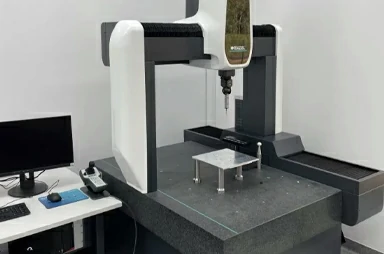
Metallographic testing
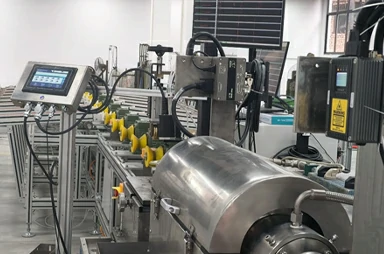
Laser measuring instrument
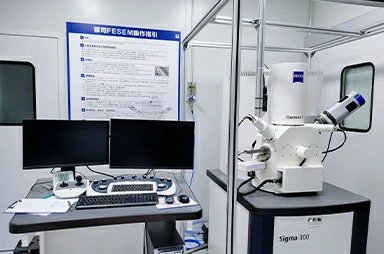
Direct reading spectrometer
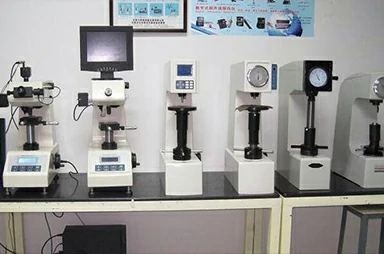
Optical microscope
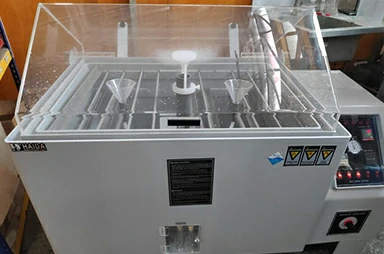
Hardness tester
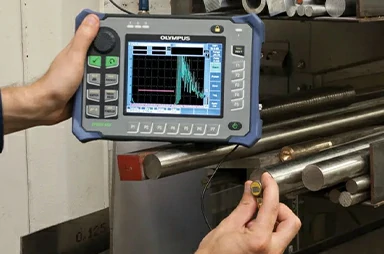
Electronic tensile testing machine
If you're looking for precision-engineered, custom titanium solutions, get in touch with us. Our experts are ready to provide professional support to meet your industry needs.
Consultation